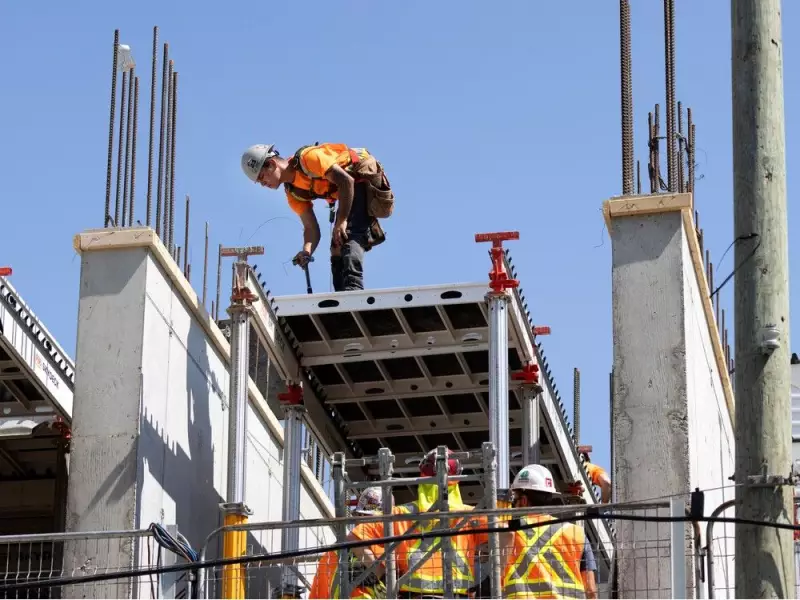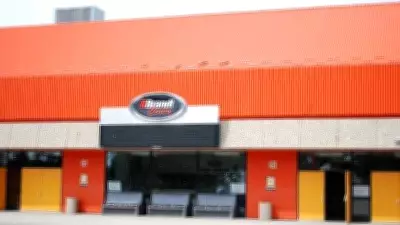
In a dramatic shift that could reshape Montreal's urban fabric, city officials are pushing forward with a controversial new bylaw that would fundamentally alter where new housing gets built across the island. The proposed regulation represents one of the most significant urban planning changes in recent memory.
The Suburban Construction Slowdown
Under the new framework, suburban municipalities on the island would see their housing construction permits slashed by a staggering 35%. This isn't just a minor adjustment—it's a complete rethinking of Montreal's growth strategy that prioritizes densification over sprawl.
Federal Housing Minister Valérie Plante's administration argues this bold move is necessary to combat urban sprawl and make better use of existing infrastructure. "We need to build smarter, not just build more," supporters contend.
The Urban Core Gets a Boost
While suburbs face restrictions, Montreal's central neighborhoods would receive a major boost. The plan calls for accelerating housing development in areas already well-served by public transit, schools, and other essential services.
This strategic pivot aims to create more walkable, sustainable communities while addressing the city's pressing housing affordability crisis. Proponents believe concentrating growth in established areas will lead to more efficient use of tax dollars and better quality of life for residents.
Political Battle Lines Form
Unsurprisingly, the proposal has sparked fierce debate. Mayoral candidate Balarama Holness has emerged as a vocal critic, arguing the restrictions could worsen rather than improve housing availability.
"This approach threatens to choke housing supply when we need it most," Holness stated, positioning himself as the champion of suburban communities concerned about their development rights.
The controversy highlights the delicate balancing act cities face between managing growth and maintaining affordability. As Montreal prepares for its next municipal election, the housing bylaw promises to be a central issue that could determine the city's development trajectory for years to come.
What This Means for Montreal's Future
This policy represents more than just a technical adjustment to construction rules—it's a statement about what kind of city Montreal wants to become. The debate pits different visions of urban living against each other:
- Sustainable density versus traditional suburban growth
- Centralized investment versus distributed development
- Transit-oriented communities versus car-dependent neighborhoods
The outcome of this political battle will likely influence not just where Montrealers live, but how they move, work, and interact with their city for generations.





